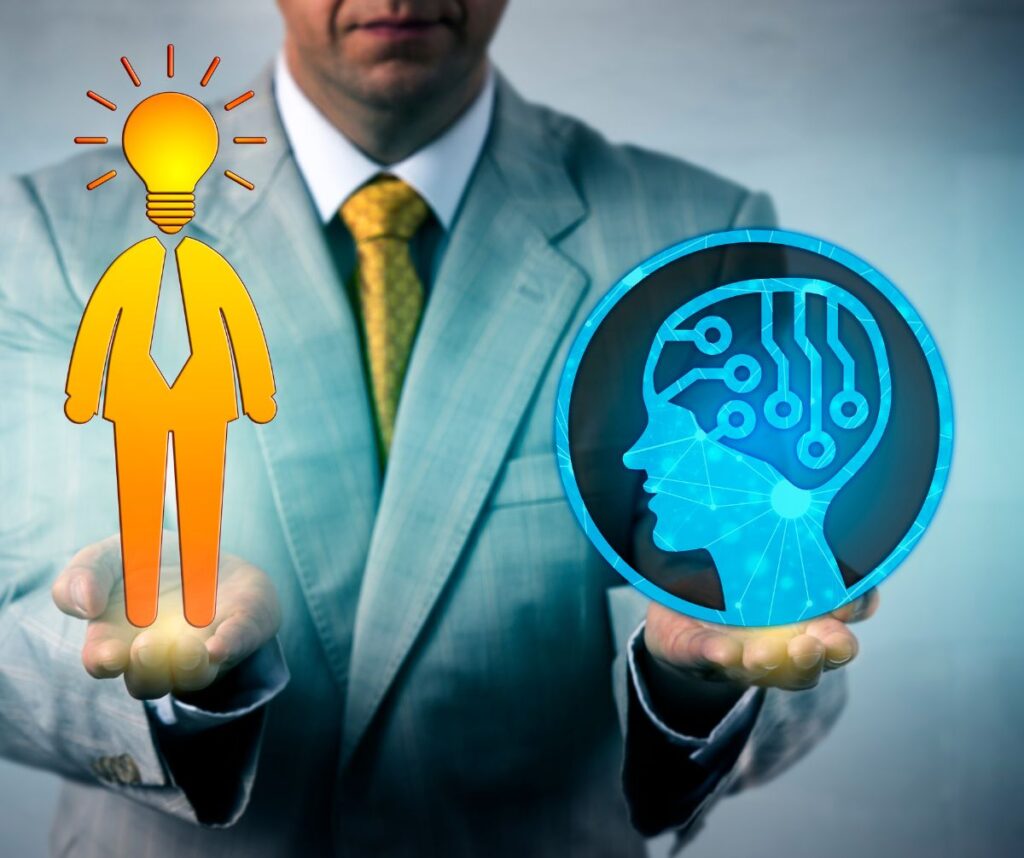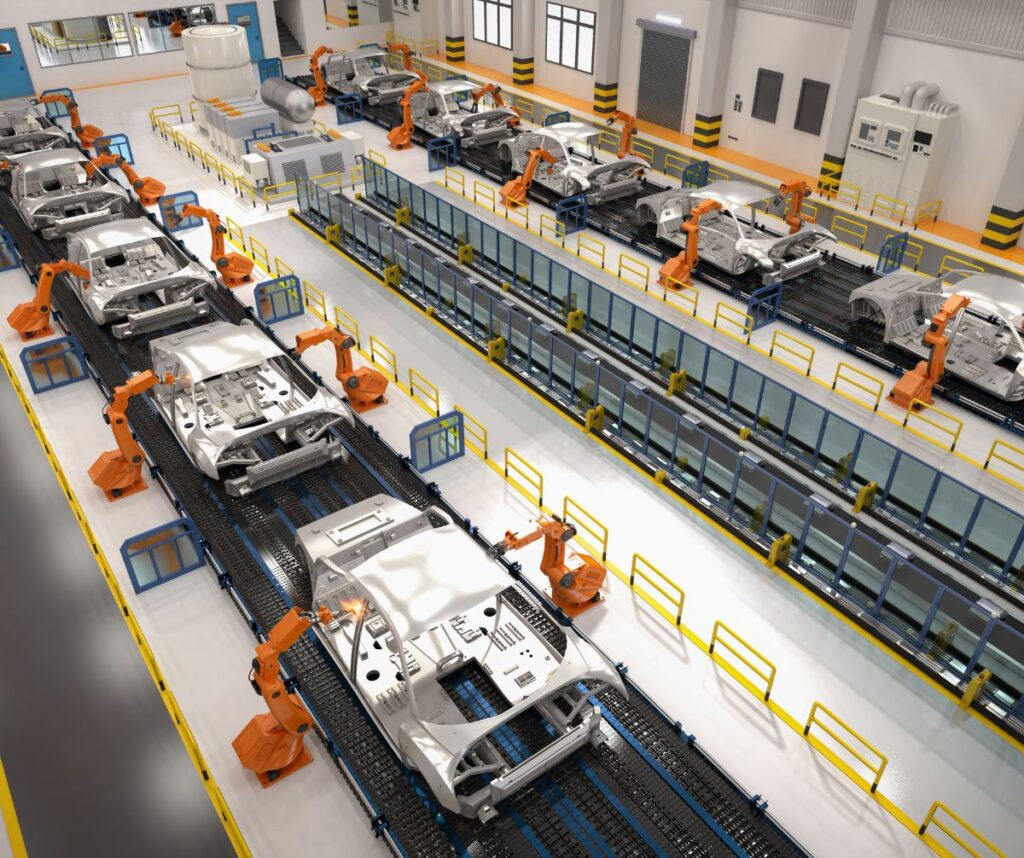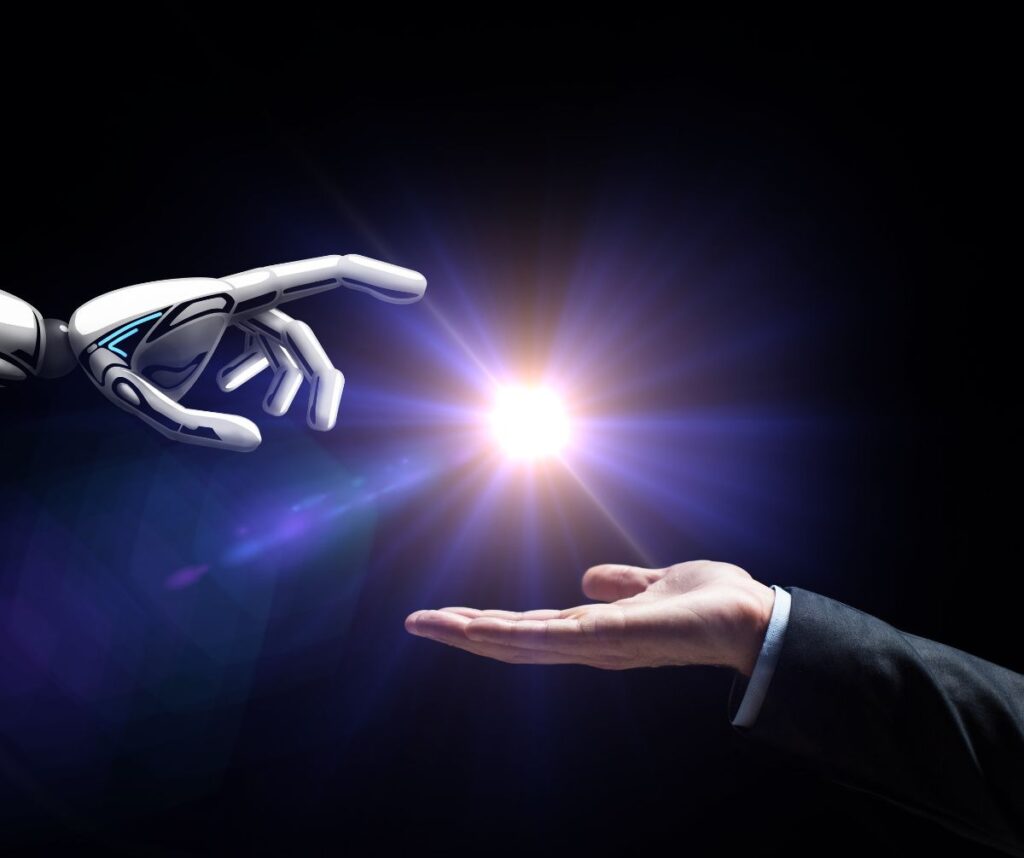
Artificial intelligence (AI) has the potential to revolutionize the workforce by increasing efficiency and productivity, but it also raises concerns about job displacement and income inequality.
To address these concerns, it is important to understand the potential impacts of AI on the workforce and develop strategies to mitigate them.

On one hand, AI can enhance efficiency, cut costs, and boost productivity across industries. On the other, concerns arise about job displacement, income inequality, and the erosion of certain skills.
To address these concerns, understanding AI’s potential effects on the workforce and implementing relevant policies and strategies is crucial. Let’s check these out:
The Rise of Robotic Co-Workers
Automation’s emergence brings forth robotic co-workers, reshaping the workforce. AI-powered robots now tackle tasks once exclusive to humans, becoming an integral part of the workplace. With businesses seeking heightened efficiency and productivity, robotic co-workers offer a solution.

The question is no longer whether they will become common in workplaces, but how to navigate AI’s impacts. The choice is between embracing the rise of robotic co-workers or lagging behind.
Humans and Machines: Collaboration Station
AI and automation’s potential lies in collaboration rather than replacement. The concept of “Humans and Machines: Collaboration Station” underscores this idea. By combining human creativity with AI’s ability to handle repetitive tasks, efficiency and productivity can soar.
This approach is transformative for businesses aiming to excel in the fast-paced automation realm. Adopting collaboration enables us to navigate AI’s influence on work and cultivate an efficient and effective work environment.
AI’s Impact on Job Security
The rise of AI has brought numerous benefits, including efficiency and accuracy improvements. However, it also raises concerns about job security.
AI’s capacity to automate various tasks, from customer service to manufacturing, can jeopardize traditional job roles. Despite these challenges, AI can also usher in new opportunities and industries. It’s essential to adapt and thrive amid this changing landscape.

In navigating AI’s influence on work, change emerges as a constant. While AI presents challenging shifts, it also offers opportunities for innovation and progress.
Embracing this technological era requires adaptability and an open mind, using AI’s power to elevate work and create a better world. As the future unfolds, endless possibilities await.